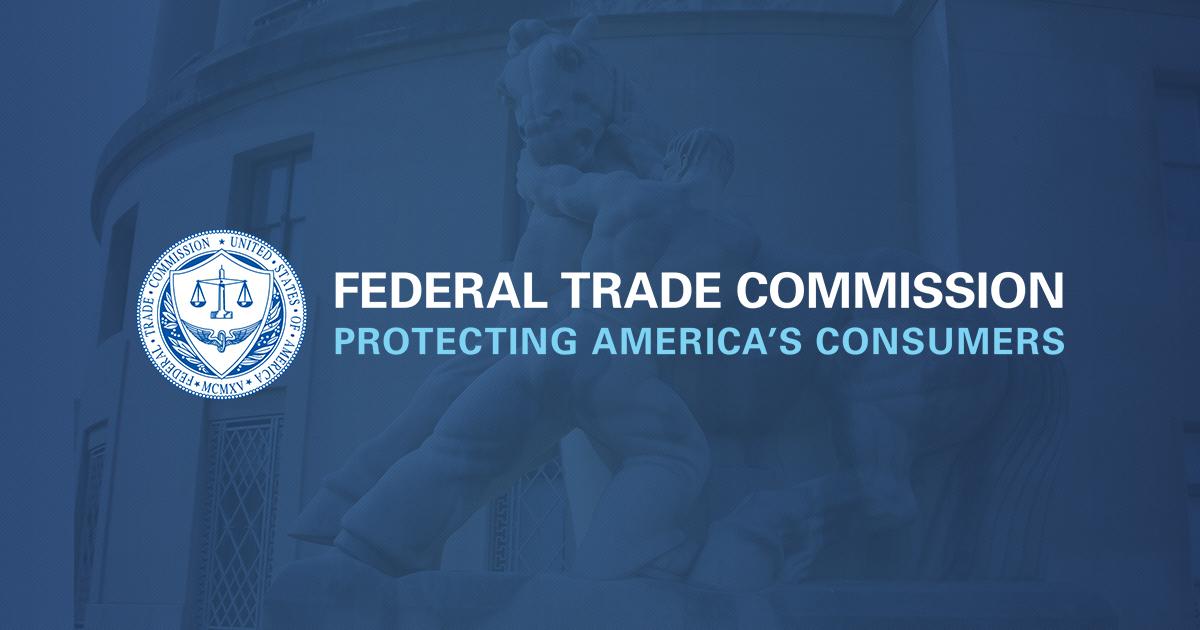Budget Rent-A-Car has agreed to settle Federal Trade Commission charges that it failed to adequately disclose a “fuel” fee automatically charged to customers who drove fewer than 75 miles. According to the FTC, Budget falsely claimed that renters who returned a car with a full gas tank would not incur any fuel charges. The agency alleges that renters who drove fewer than 75 miles incurred a fuel charge whether or not they returned the car full. The settlement bars Budget from misrepresenting any charge, fee, cost, or material term or condition related to renting a car, and requires the company to clearly and conspicuously disclose any fuel-related fee or requirement.
According to the FTC, Budget deceptively claimed that consumers who returned their cars with a full tank of gas would not be charged for fuel. Budget’s Web site noted that the price of gas was not included in the rental rate, but stated, “You will have the option to purchase a tank of gas at a discounted rate, or simply return the vehicle with a full tank of gas to avoid additional charges.” Signs at the rental counter repeated the deceptive claim, stating, “If you have the time, and want to save on refueling charges, refill the car before returning it. No fuel charge will be added to your contract.”
But the FTC alleged that Budget charged a flat fee – initially $5.00 or $6.00 depending on location, and later $9.50 – to renters who drove fewer than 75 miles, even if they returned their cars with a full tank. Customers who refueled their rental cars could get the automatic charge reversed only if they presented a gas receipt. But Budget did not adequately inform customers about this option, according to the FTC. In addition, until early 2006, unless they had a corporate account, renters were unable to have the fee reversed by the attendant on the return lot. Instead, they were required to present their gas receipt at the inside rental counter. The agency alleges that Budget failed to adequately inform customers about the process for having the fee reversed.
The FTC charged that Budget’s fuel fee program was deceptive and violated federal law. Budget did not adequately disclose its billing practice and made deceptive claims about returning cars with a full tank of gas on its Web site, point of sale disclosures, and rental contracts.
The settlement bars misrepresentations about any charge, fee, cost or material term or condition related to renting a car from Budget. It also requires that Budget disclose any fuel-related charge, fee or cost and how consumers can avoid those charges, if they can. The settlement also contains bookkeeping and reporting requirements to allow the agency to monitor compliance with the order.
The Commission vote to accept the proposed consent agreement was 5-0. The FTC will publish an announcement regarding the agreement in the Federal Register shortly. The agreement will be subject to public comment for 30 days, beginning today and continuing through December 20, after which the Commission will decide whether to make it final. Comments should be addressed to the FTC, Office of the Secretary, Room H-135, 600 Pennsylvania Avenue, N.W., Washington, D.C. 20580. The FTC is requesting that any comment filed in paper form near the end of the public comment period be sent by courier or overnight service, if possible, because U.S. postal mail in the Washington area and at the Commission is subject to delay due to heightened security precautions.
NOTE: A consent agreement is for settlement purposes only and does not constitute an admission by the defendant of a law violation.
The FTC works for the consumer to prevent fraudulent, deceptive, and unfair business practices and to provide information to help spot, stop, and avoid them. To file a complaint in English or Spanish, click http://www.ftc.gov/ftc/complaint.shtm or call 1-877-382-4357. The FTC enters Internet, telemarketing, identity theft, and other fraud-related complaints into Consumer Sentinel, a secure, online database available to more than 1,600 civil and criminal law enforcement agencies in the U.S. and abroad. For free information on a variety of consumer topics, click http://ftc.gov/bcp/consumer.shtm.

